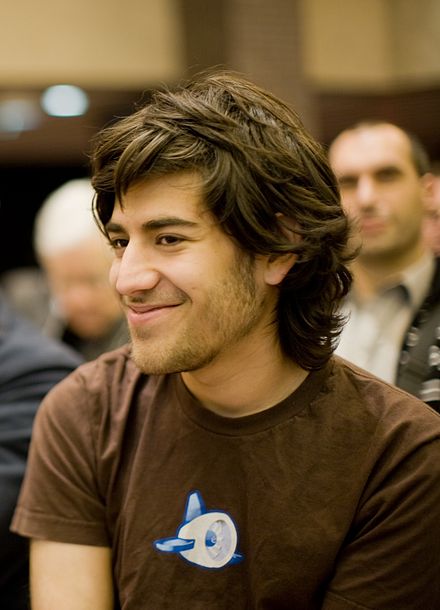Terrific column by Cory Doctorow. Excerpt:
Spying is a business, after all: BT and Vodaphone collect huge fees for giving GCHQ illegal access to their fibre optic trunks. The NSA’s massive data-centre in Bluffdale, Utah cost $1.5bn, built by the private sector at public expense.
Remember that Edward Snowden didn’t work for the NSA: he was a contractor for Booz Allen Hamilton, a company that turned over $5.48bn in 2014. Every new expansion of NSA mass surveillance means potential new contracts for Booz Allen Hamilton.
In other words: spying on everyone may not catch terrorists, but it does make military contractors and telcos a lot of money. Mass surveillance is policy with a business model.
We live in a post-evidence-based-policy world.
If we ever lived in such a world, that is. I feel about evidence-based policy much as Gandhi did when asked, on his arrival at Tilbury, what he thought of Western civilisation. “Ah”, he replied, reflectively. “Western civilisation — now that would be a good idea.”
As far as evidence-based policy is concerned, there are some areas — surveillance, regulation of illegal drugs, alcohol abuse, prison reform, immigration, to name just a few — where British governments of every stripe are entirely immune to evidence.

